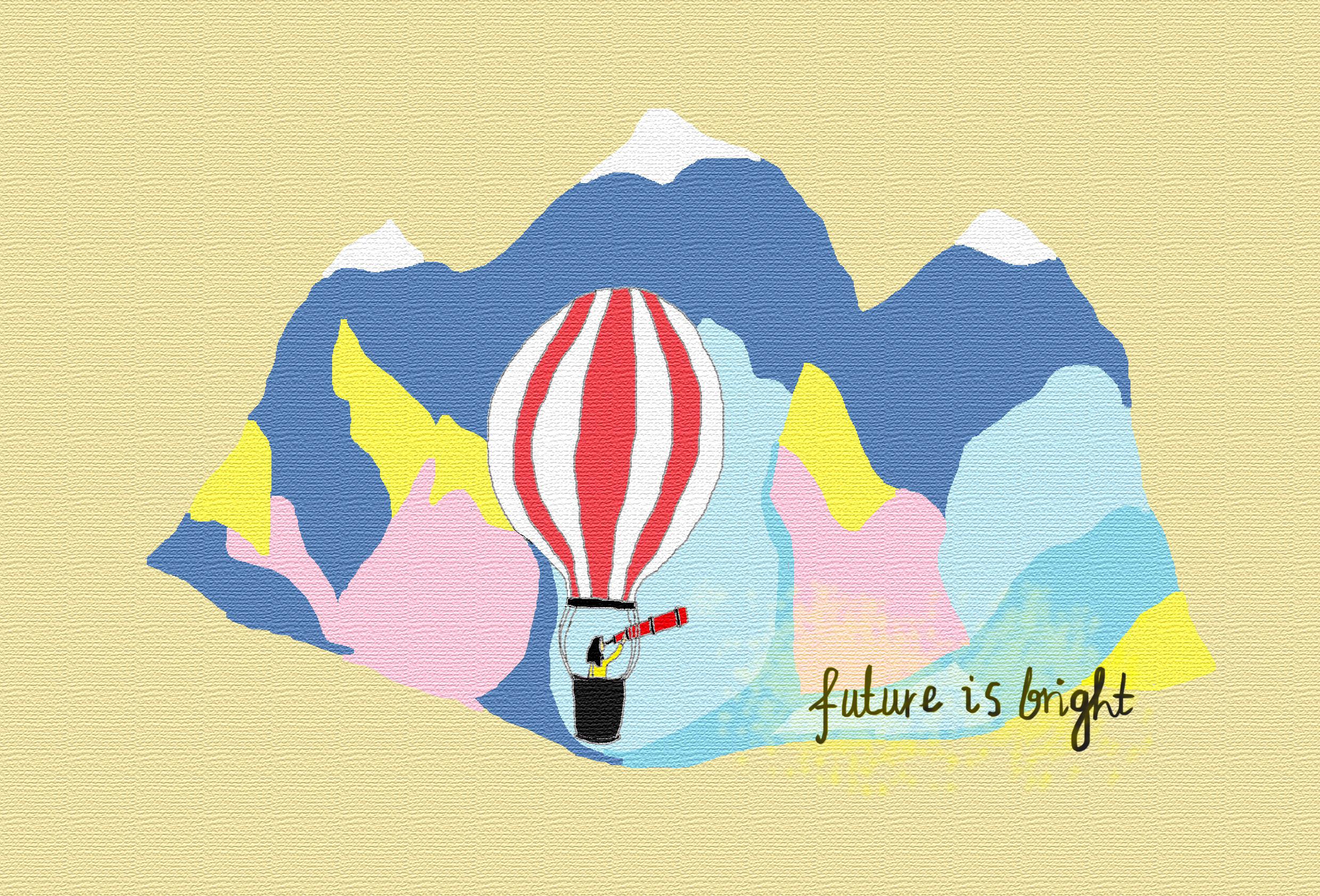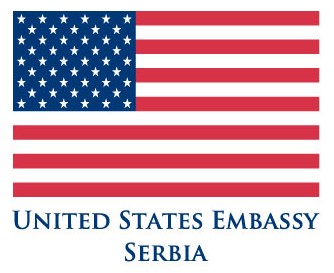Hotline: +381 61 63 84 071
"Isolation did not push us backward, it showed us where we are now!"

When faced with any crisis, fear and anxiety are inevitable, they are normal and natural responses to situations of danger and uncertainty. It is quite easy to get lost in worrying and thinking about different things that we cannot influence, what awaits us in the future, how the virus will affect our loved ones, our community, country or world, what will happen next. And while it is perfectly normal to get lost in such worries and thoughts it is neither useful nor can it help us in any way. The more we focus on what is out of our control, the more likely we become to become frightened or anxious.
The most useful thing people can do in times of crisis, such as the current crisis of the coronavirus pandemic, is to be focused on what is under your control. You can't control what happens in the future. You cannot control the coronavirus, the world economy or official measures to deal with the crisis. Nor can you magically control your feelings, eliminating completely natural fear or anxiety. But what can be controlled are the actions that are being taken here and now. And that's what's important.
Atina's team regularly holds meetings and interviews with women and girls who are part of the Breakthrough Council in these days of isolation. Today, thanks to the Internet, we have the opportunity to come out of isolation and see celebrities who were there. Even before when it was difficult, and they are still here today. Until March 15, they met regularly and actively prepared for the upcoming meetings, at which they wanted to fight for changes in the system tailored to women who survived violence. After that day, they are there to encourage each other, to follow the triggers, but also to think of those women who are now suffering violence. To be in solidarity, but also gentle and supportive towards ourselves.
All of the above are the conclusions reached by the members of the Breakthrough Council during numerous Skype meetings in recent weeks.
“Focus on what’s in your power, control your actions, don’t work on reinforcing personal fear,” are just some of the recommendations they made to other women.
According to the testimonies of women in the group (all of whom have experienced violence or human trafficking) in the first days after the introduction of the state of emergency, isolation, curfew, they woke up feeling deprived of their liberty, taking control of their lives wake up thinking how am I going to do now, what should I do to protect myself and what am I protecting myself from?
"It's as if someone is slipping under my feet again. Something is happening that I can't control. " L.P. Breakthrough Council member
Fear for one's life, fear of illness, fear of losing one's job, fear for the lives of one's loved ones, fears followed. But the days went by, the conversations went on, and the women showed high resilience over time. As the days went by, they began to use the mechanisms they had built themselves over all these years, and during the many difficult moments they experienced and survived.
"I don't follow the news, I found a new hobby. I devise messages for women who may be suffering violence at this time. Support messages. Why fight. I can see it crystal clear now, where I used to be, and here I am today. " M.T. Breakthrough Council member
"I am happy with myself, with what I have and what I have achieved on my own. No turning back." L.P. Breakthrough Council member
"I admire all the women who are back in the front lines. I am proud to be a woman. Now I understand what it all means and how important it is to support each other. Whether we are teachers, doctors, saleswomen, girls, mothers. ” K.O. Breakthrough Council member
It is obvious that they like the new role in which they found themselves, now they are the ones who are fighting for change, who think of other women, girls who are having a hard time and who need support. They are aware of their strength. So far, they have had time to feel all the responsibility, but also the importance of that role. This further strengthened them, restored their self-confidence and self-belief, which can be noticed even in the days of life in isolation.
Especially these days, they have been thinking about reaffirming that we are not all in the same situation, it is difficult for everyone, but it is additionally difficult for some parts of society again. This proved to make them even angrier, but it also confirms that they are on the right track and how important what they do as a group is.
They asked what happened to women who are doomed these days to spend days only with their bullies in four walls, with women who are imprisoned in various bars against their will, do they now suffer additional violence because they do not make the profit they should have, what about women who have worked in conditions where all labor rights have been annulled and who, due to lack of choice, do not raise their voice for fear that they will not be able to feed their family. There are a number of questions and ideas for new joint actions. Who would they all like to talk to, what, what questions to ask and what answers to look for.
We will agree that it is not equally difficult for everyone, for some the uncertainty is greater than the fear for oneself, for pure existence. The question is whether the coronavirus pandemic will eventually be a pandemic of violence, disenfranchisement and poverty?
Or as the members of the Breakthrough Council wanted to conclude, that this pandemic could be a pandemic of solidarity and humanity. It just depends on all of us !!!
"Every night I go to bed with a smile, if that day I contributed at least a little so that a woman does not feel lonely and forgotten. It was a girl in front of the market asking for help or a grandmother from my entrance. Physical distance is needed now, but not human. ”Member of the Breakthrough Council

This article was written within the project funded in part by a grant from the United States Department of State. The opinions, findings and conclusions stated herein are those of the author[s] and do not necessarily reflect those of the United States Department of State.












 FACEBOOK
FACEBOOK TWITTER
TWITTER YOUTUBE
YOUTUBE